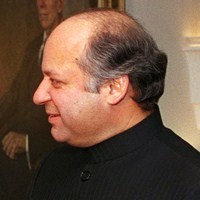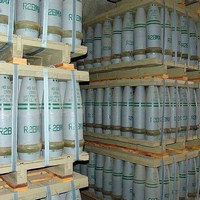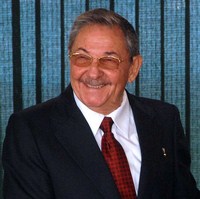
Since early 2013, the rate of border skirmishes between the Pakistani and Indian militaries has accelerated. Though the incidents have been scattered and casualties few, they represent an uptick from 2012: Thus far in 2013 there have been 42 cease-fire violations along the Line of Control (LoC), while in all of 2012 there were only 28. The increased military activity on the border has elicited accusations from both sides, even during a time of increased dialogue and political moves toward greater cooperation. The border incidents have also prompted international concern about the future of Kashmir and stability in the region […]



